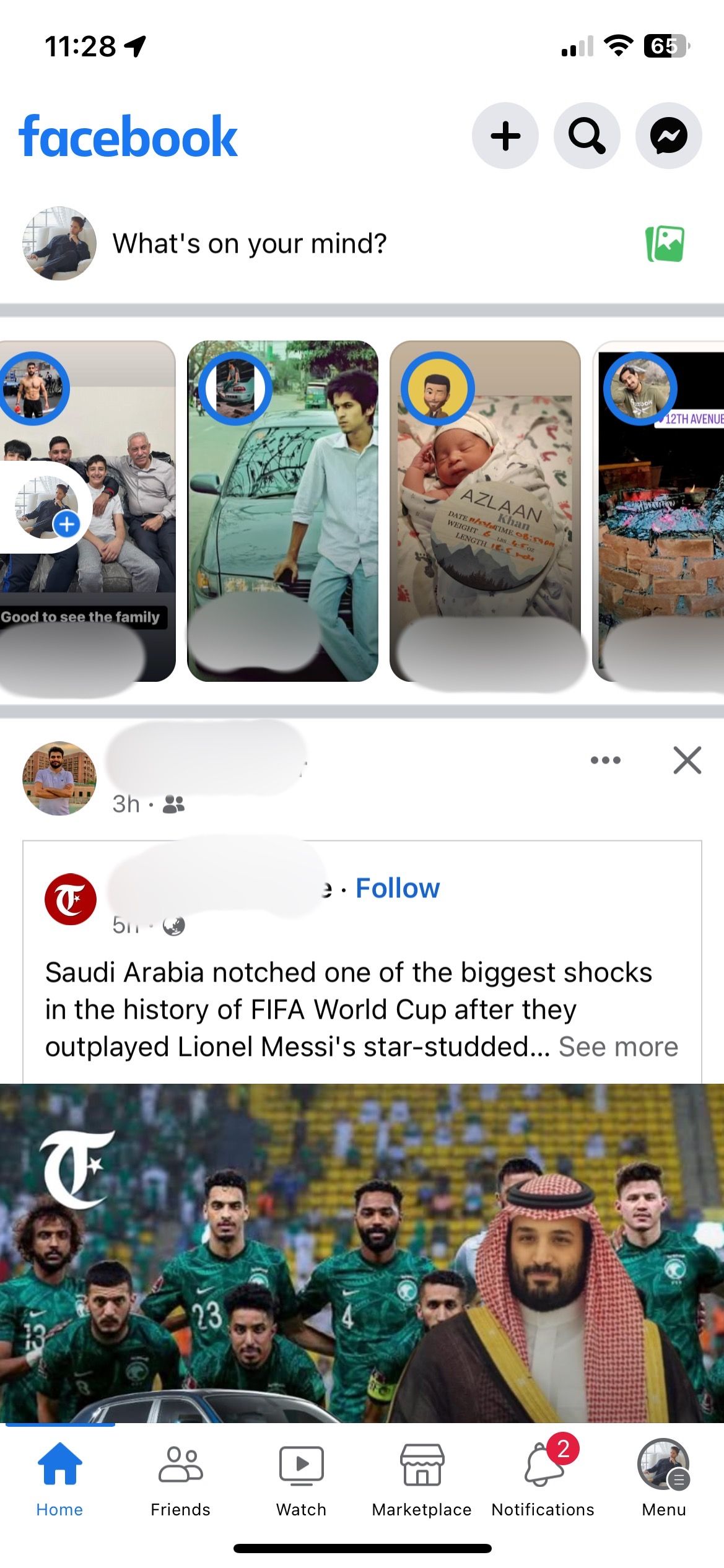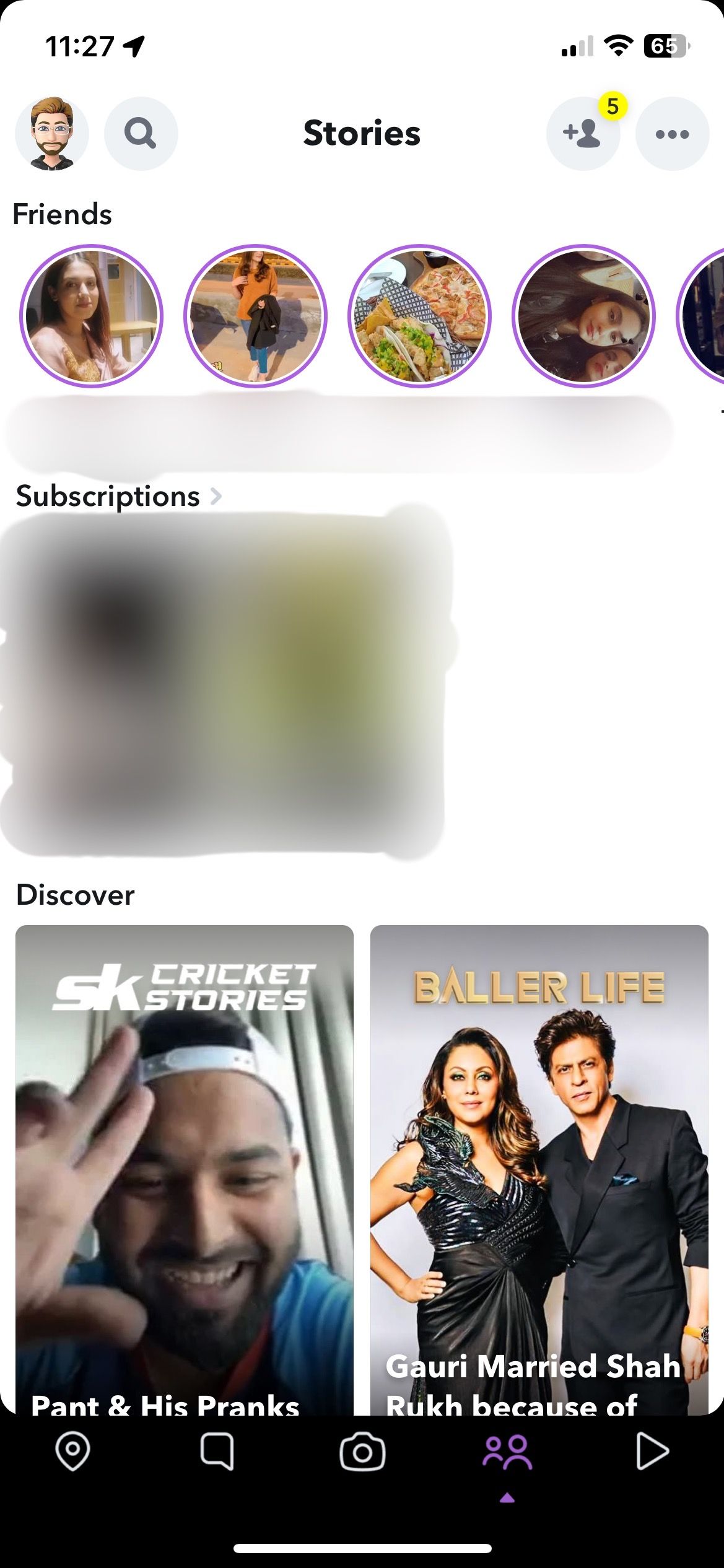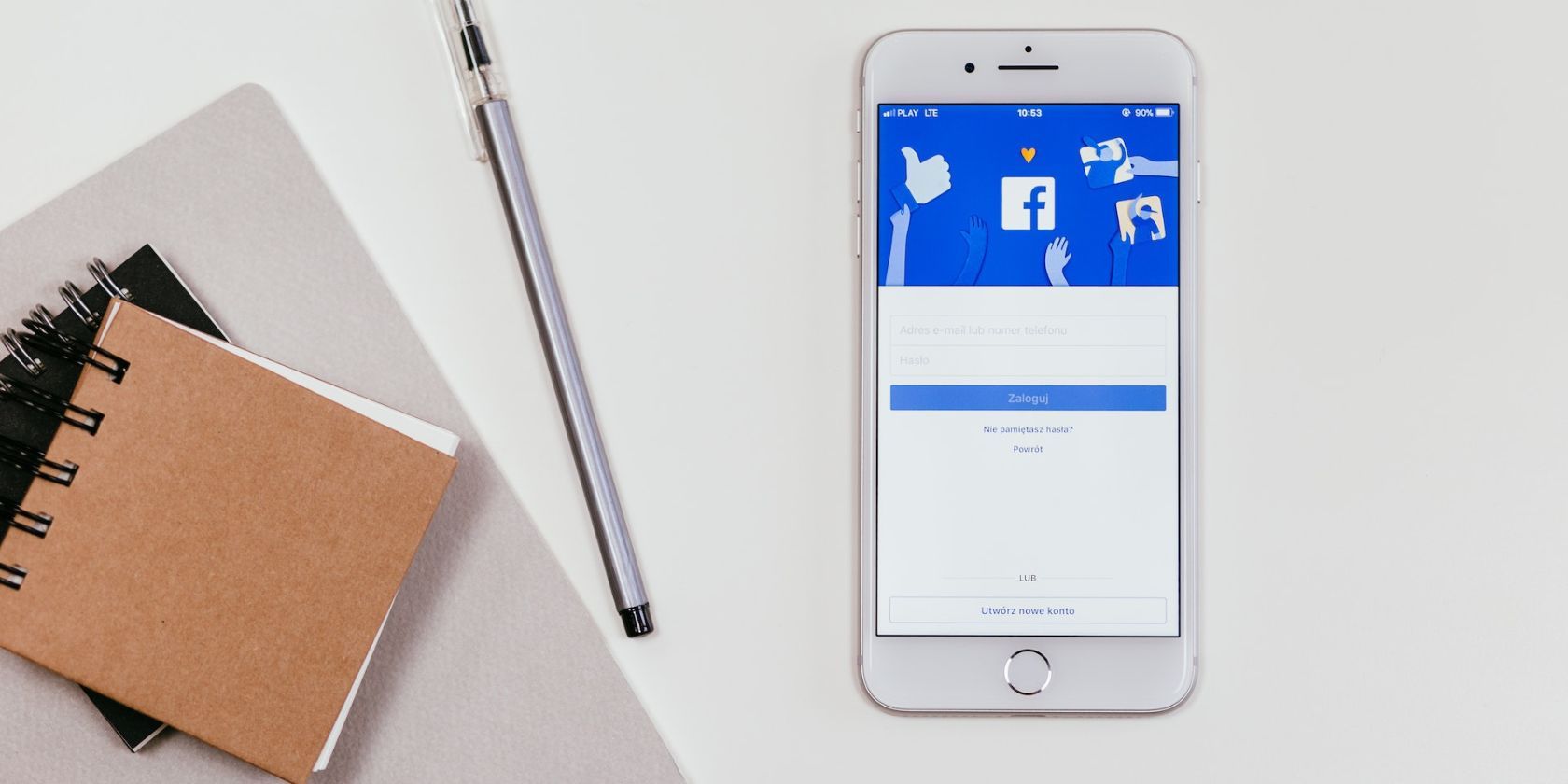Facebook often launches innovative features to keep users entertained, but not everything the app introduces has always turned out as Facebook planned. Yes, this over-billion-user app has made mistakes in the past.
If you are a Facebook enthusiast looking for answers, this is precisely where you should be. We have compiled a list of things Facebook has done in the past that disappointed or failed them in major ways.
1. Facebook Beacon Tracking
Facebook Beacon was launched to show targeted ads to users from third-party websites. It also encouraged people to share their activities with friends as well. Facebook Beacon saved the data of users' spending habits to show targeted ads on Facebook—nothing different from what happens now.
However, the feature soon became controversial. Users reported it to be invading their personal life a little too much. The main issue with the feature was that there was no option to stop this data from being shared with your friends. People soon caught up with this significant breach of personal consent.
Beacon faced harsh criticism, and people filed petitions to take down the feature. The matter was soon brought to court, where after several hearings, the law firm that filed the case agreed to a settlement, and the Beacon feature was ordered to be terminated.
Before its permanent shutdown in September 2009, Facebook users were informed of the decision. Mark Zuckerberg publicly apologized to all Facebook users. He also accepted that Facebook Beacon had some issues. Some people bought it as an honest mistake, but many remained unimpressed.
2. Copying Competitors and Not Offering Something New


Facebook might be a social media monopoly in the present world, but we cannot call its whole journey innovative. From copying the same features and adding a slightly different effect, Facebook has been under scrutiny.
Snapchat was the first app to launch the concept of 24-hour stories, but did you notice what happened afterward? The apps owned by Meta, such as Facebook, Instagram, and WhatsApp, soon followed suit. All these apps have the same feature with different layouts. This hold of power and social dominance of Meta is quite scary.
Apart from the Stories, there are some other features that Facebook copied from other apps. Facebook Marketplace is a buy-and-sell group that lets peers sell and purchase stuff from each other. There are different platforms like Gumtree providing the same services.
Facebook Reels is a concept taken from TikTok that lets users create short videos with transitional effects and sounds and appears to many people following the same interests.
So, will Facebook take some action and bring creativity to the table? Maybe, maybe not. Only time can tell.
3. Data Harvesting Through Quizzes and Third-Party Apps
Many Facebook users have taken quizzes and played games on the app. We are talking about things like “Which SpongeBob Character Are You?” or “What Does Your Zodiac Say About You?”.
These games are created by third-party developers and come with catchy lines to attract their target audience. Once you click or log in with Facebook, they can access your data.
Some common things these third-party apps usually ask for are your name, gender, age, language, email address, and Facebook account—it seems pretty harmless.
But the Cambridge Analytica scandal revealed just how much data harvesting was possible with these quizzes. Cambridge Analytica was a British political consulting firm that collected data from Facebook users. All that information was then used for political purposes. Upon discovery, this matter was considered unethical and a total breach of privacy.
Mark Zuckerberg was considered directly responsible for this failure. Users now have a dedicated section to review the apps that you have connected to Facebook and what websites are logged in using Facebook. You can deny permission to Facebook for any app you feel uncomfortable sharing your personal information with.
4. The Spread of Fake News
With billions of users and regular engagement, Facebook has become a hub for spreading false news online.
This can directly relate to Facebook's ability to promote a particular post in users' feeds. Unsurprisingly, many authoritative figures use this failure to meet their political and personal ambitions.
Facebook took notice of this issue a while ago and is trying to take steps against the propagation of false news. People are also advised to follow the Facebook pages from authentic news channels only. Genuine Facebook accounts and business pages are verified by Facebook and have a checkmark beside their name.
5. Failure to Moderate in Developing Countries
Facebook's inconsistent moderation across geographic regions is also another way it has failed users. In the past, failure to moderate content and control hate speech in countries like Myanmar and Ethiopia has fueled violence in those regions.
Lack of moderation is unsafe for people using the app. If you look at the bigger picture, it can help people create propaganda leading to crimes like genocide, racism, and religious hatred.
Facebook uses artificial intelligence along with real people to moderate content and filter out inappropriate things. The reason it workswith AI is that humans simply cannot moderate such large volumes of online data alone.
There are still dozens of languages not sufficiently covered by Facebook's algorithmic moderation. This causes difficulties in interpreting and moderating content on Facebook.
Since many social media experts are highlighting this issue, let’s hope that Facebook can provide equality in content moderation for people around the globe.
Facebook Failed Many Times but Let's Not Lose Hope
Facebook offers services to billions of social media users worldwide, but it has failed its users more than once.
The app has had several failures in the past that have tarnished its image among users. There are certain issues like data collection and propagation of false news that Facebook is still working on.
We hope Meta counters the existing Facebook issues to make the app a source of convenience for everyone and become a safe space for socializing and entertainment.



